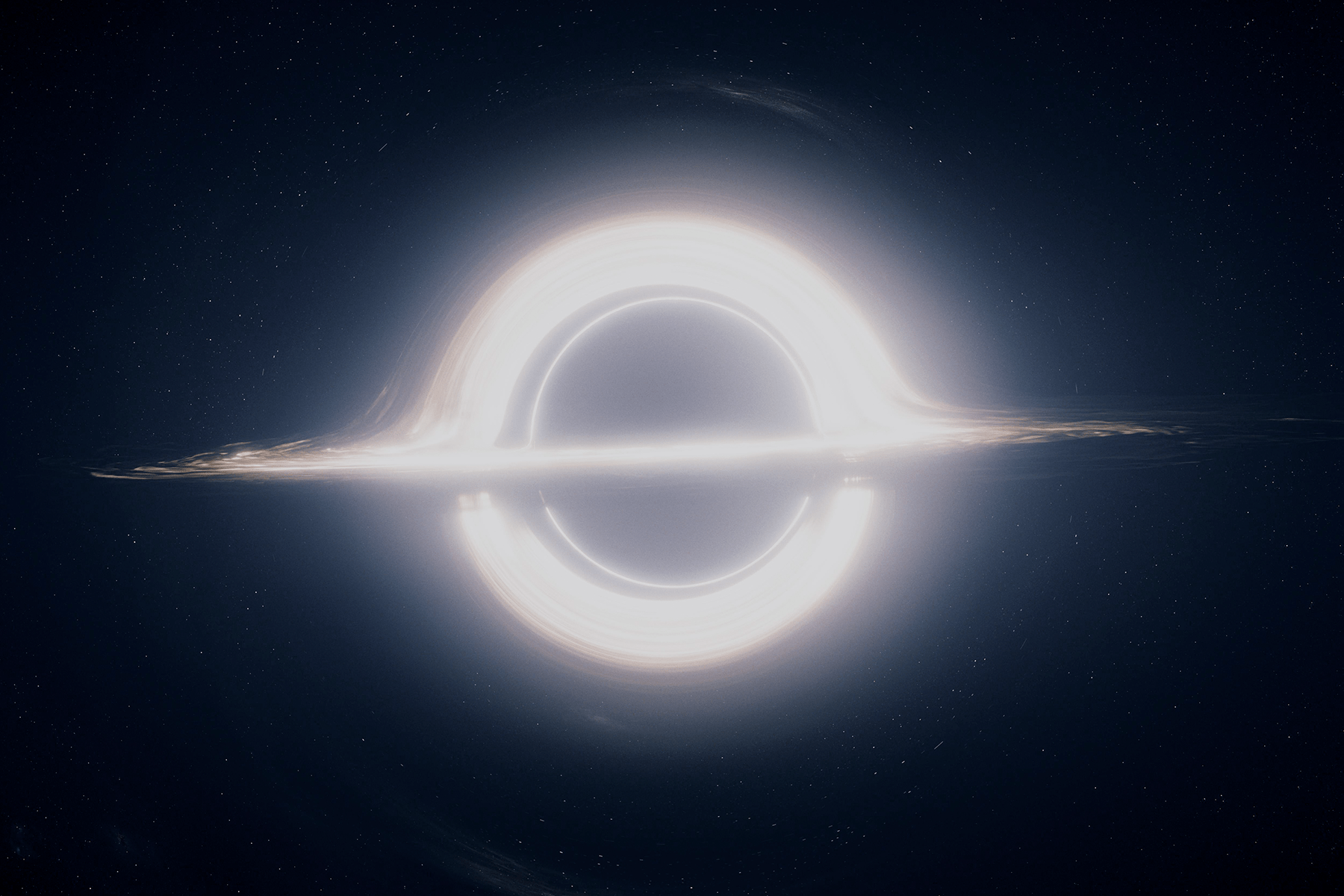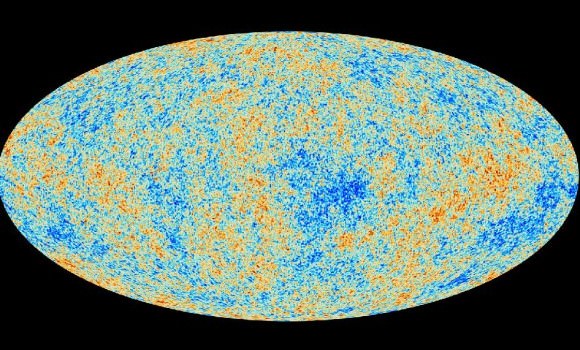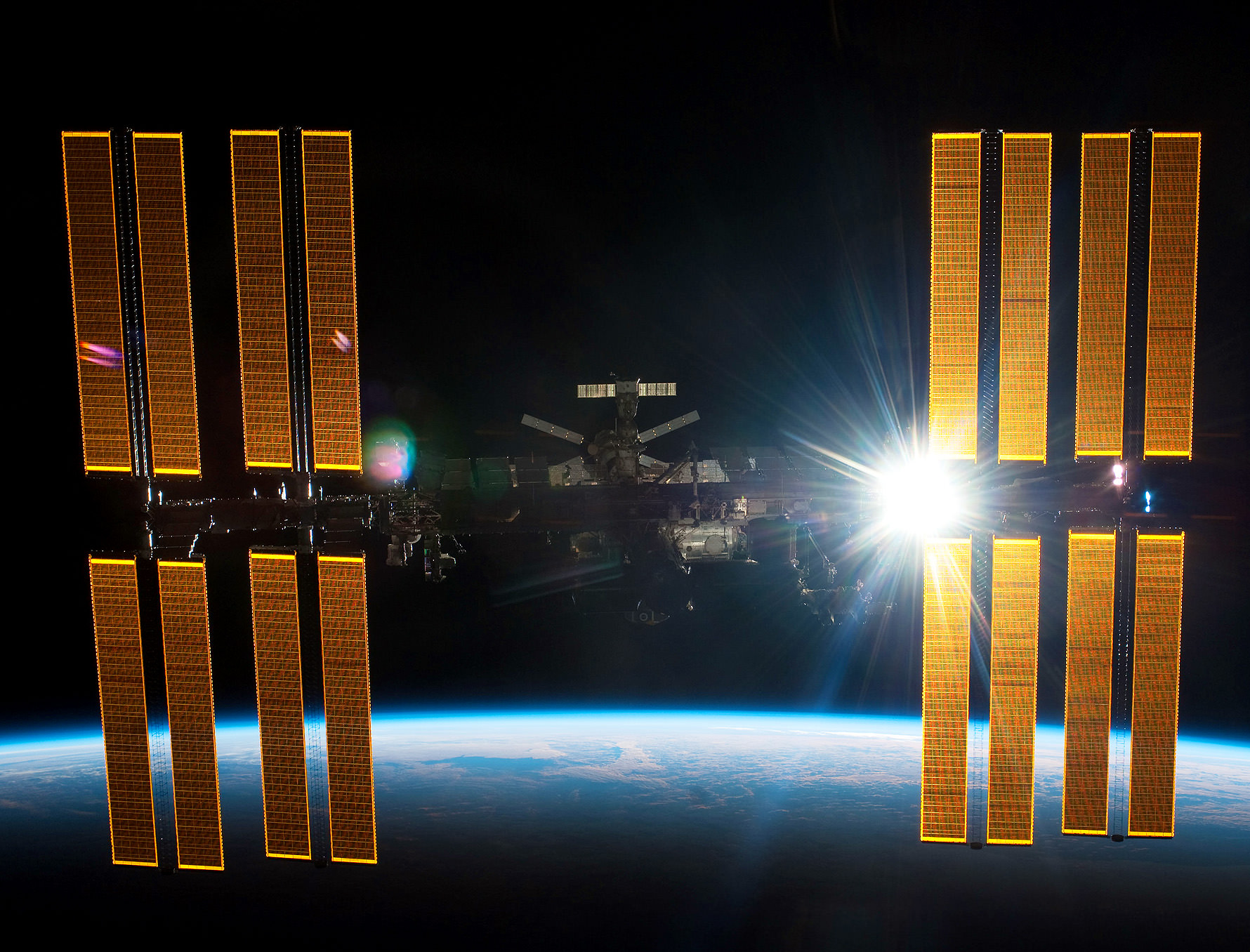The highly anticipated film “Interstellar” is based on science and theory; from wormholes, to the push-pull of gravity on a planet, to the way a black hole might re-adjust your concept of time. But just how much of the movie is really true to what we know about the Universe? There has also been some discussion whether the physics used for the visual effects in the movie actually was good enough to produce some science. But how much of it is just creative license?
Today, (Wed. November 26) at 19:00 UTC (3 pm EDT, 12:00 pm PDT), the Kavli foundation hosts a live discussion with three astrophysicists who will answer viewers’ questions about black holes, relativity and gravity, to separate the movie’s science facts from its science fiction.
According to the Kavli twitter feed, the Hangout will even help you understand what in the world happened at the end of the movie!
Scientists Mandeep Gill, Eric Miller and Hardip Sanghera will answer your questions in the live Google Hangout.
Submit questions ahead of and during the webcast by emailing [email protected] or by using the hashtag #KavliSciBlog on Twitter or Google+.
You can watch today’s hangout here:
Also, you can enjoy the “Interstellar” trailer:




